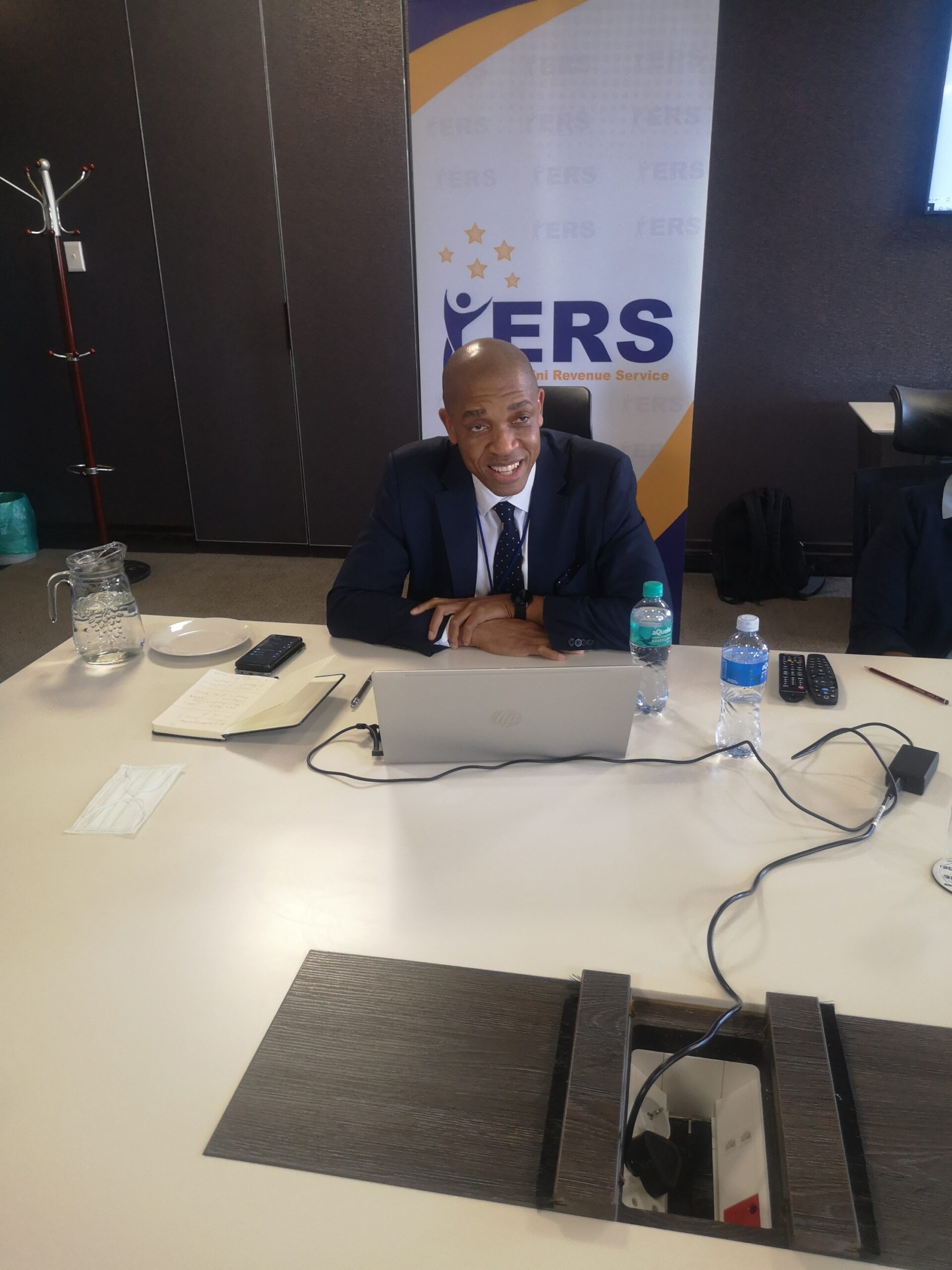By Ntombi Mhlongo
Following the introduction of the Tax Debt Relief Programme, the Eswatini Revenue Services (ERS) has projected to yield an increase of approximately E80 per month in revenue collection. According to the ERS, over 5 728 taxpayers comprising companies and individuals had applied for the debt relief programme within the stipulated period. The programme was introduced in July and further extended by a month in a bid by the taxman to recover billions which are reportedly reflected in the ERS debt book.

As part of the programme, the business entities had to register their intent and made a commitment with the ERS to pay their tax debt.
The advice was that the entities would have to exhibit good behaviour in terms of commitment to their undertaking to pay off their debts.
All the companies and parastatals needed to do was to arrange to pay their principal tax debts within a period of six to 12 months.
The plan was aimed at ensuring that businesses can thrive and come out of their debt (penalties and interest) scot-free. The minister said this initiative was also aimed at encouraging people to declare their taxes.
ERS Director Communications, Vusi Dlamini, told Eswatini Financial Times that they were impressed with the number of business entities and individuals who took advantage of the extension and applied for the programme.
Before the extension, about 4 628 applications had been received while the whole target was to receive at least 6 000 as declared by ERS Commissioner General Brightwell Nkambule.
The final figure reflects that following the extension, there was an increase of about 1100 from the initially set deadline.
Explaining the final figures, Dlamini said: “This is expected to yield an increase of approximately E80 million per month on revenue collection. This will vary depending on the agreements we have with our various clients.”
Regarding plans that are in the pipeline meant to ensure tax compliance, Dlamini said in line with their Strategic Theme of ‘Digilatized and data-driven with our Partners’, they have embarked on a journey to work with different entities to collate data to ensure that there is compliance.
“Initially this focuses on VAT, which as you might know is a consumption-based tax and we expect that everyone in the VAT process complies. Pay As You Earn (PAYE) has also been a key issue and this data harvesting will also help ensure that the PAYE being collected from employees is eventually paid to the fiscus. We, therefore, implore all businesses and individuals to comply as we are slowly closing in on those who don’t want to comply,” he said.
Had the government and the ERS not decided to extend the programme, it would have been affected in its quest to recover part of the E9 billion it said reflected in its debt book.
In terms of the interests and penalties, the government estimated them to be around E3 billion.
This amount does not include the principal taxes but was for the penalties and interests that were accumulated by business establishments due to their failure to remit taxes on time.
The issue of taxes has become of serious concern following findings that tax arrears in Eswatini have increased by 29 per cent to E9.369 billion from E7.262 billion in 2020/21.
The contributing factors have been the COVID-19 pandemic, coupled with other economic and social disturbances which have weighed on current and future growth prospects and continued to threaten the government’s ability to maintain its tax revenue mobilisation goals.




